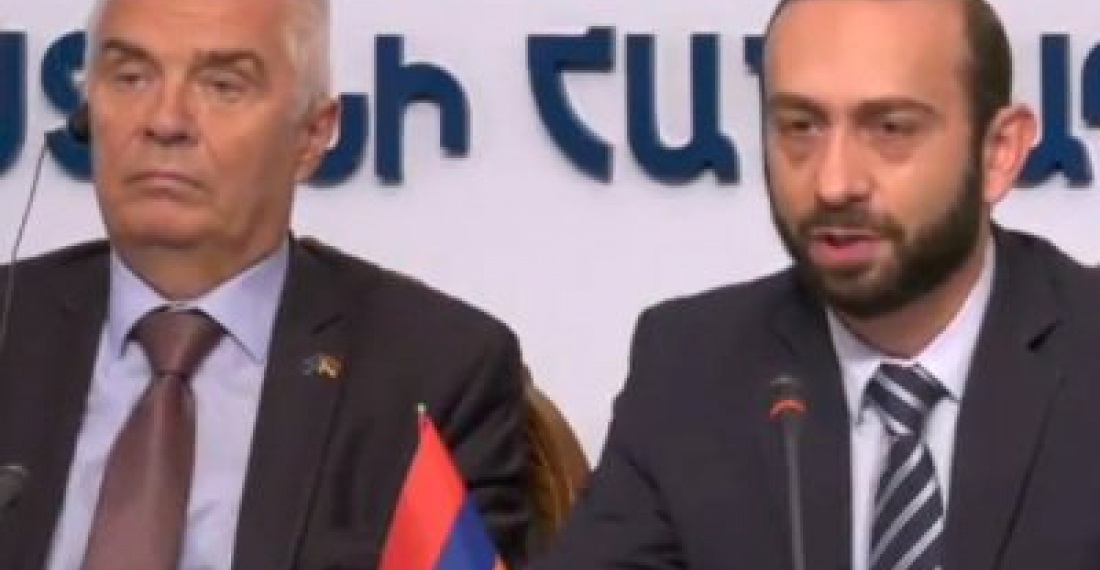The international community will help Armenia with the organisation of snap parliamentary elections. The elections are being seen as a defining moment for the country - an opportunity not only to consolidate important changes that have taken place in the country in recent months but also to chart the next steps forward.
The European Union, the UK, Sweden and Germany have committed to contribute resources so that the elections can be held at a high level. On Tuesday (13 November) Armenian Deputy Prime Minister Ararat Mirzoyan, head of the EU mission to Armenia Piotr Switalski, German Ambassador to Armenia Matthias Kiesler, UK Ambassador to Armenia Judith Farnworth, Swedish Charge d'affaires, UN Resident Coordinator, and UNDP Resident Representative in Armenia Shombi Sharp signed a document to formally announce the launch of the UNDP program of support for the electoral process.
"It is the goal of all of us that the votes of the people of Armenia are counted, and nobody’s vote will be stolen" said Ambassador Piotr Świtalski, Head of EU Delegation to Armenia, in comments to reporters on Wednesday. He said the forthcoming snap parliamentary election should be the best one in Armenia.
Switalski urged Armenian citizens not to sell their votes, inform if they are offered to have their votes bought, and not to let administrative resources be used against them.
source: commonspace.eu with agencies
photo: Armenian Deputy Prime Minister Mirzoyan and EU Ambassador to Armenia Switalski at the signing of a memorandum on the forthcoming parliamentary elections.







